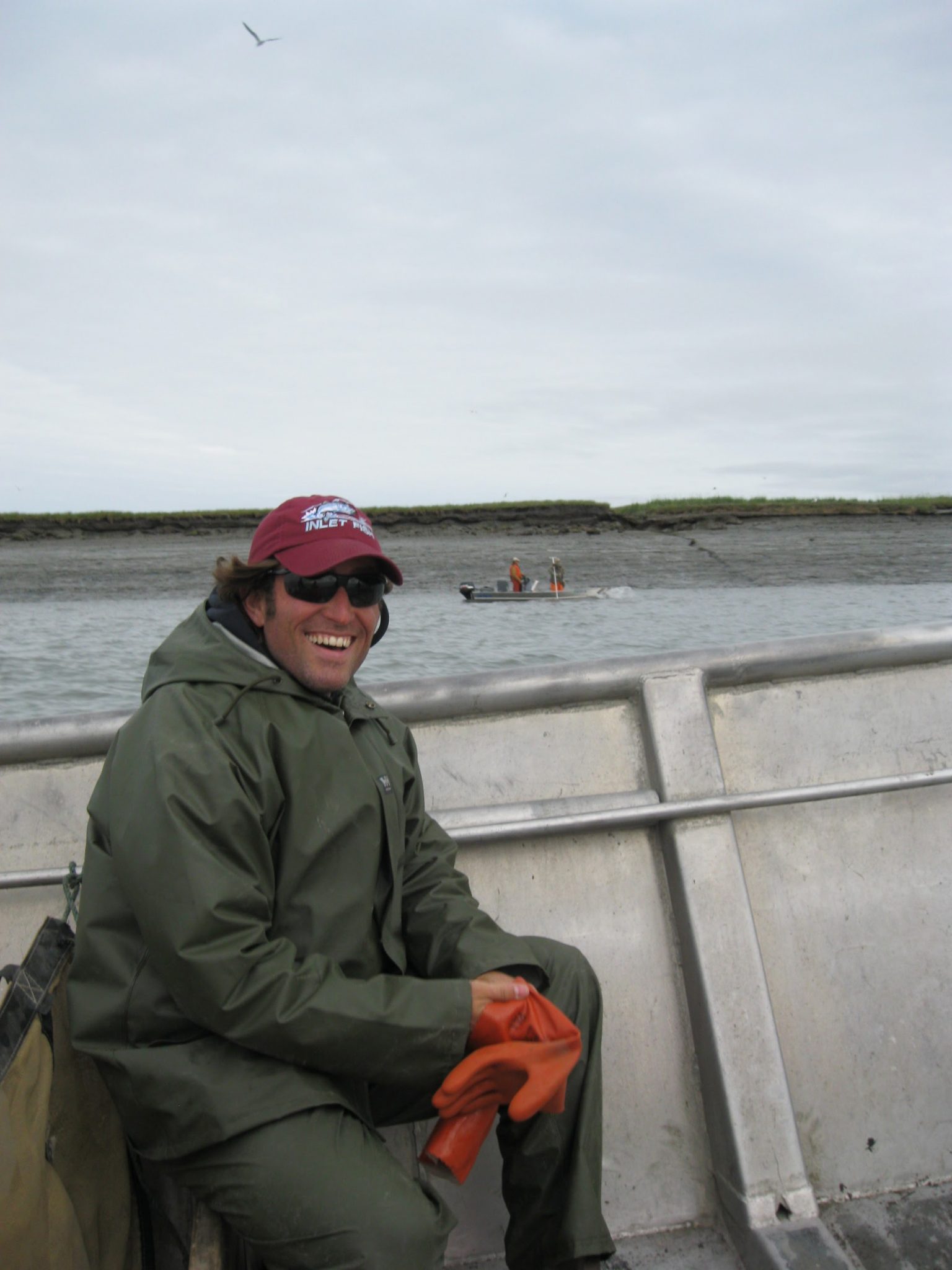
Country: Canada
Phil Loring is a maritime anthropologist whose research focuses on food security, fisheries, and community sustainability. He has a master's degree in Anthropology and a PhD in Indigenous Studies, both from the Resilience and Adaptation Program at the University of Alaska Fairbanks. He is currently the Arrell Chair in Food, Policy and Society at the University of Guelph.
Phil works in coastal communities around the world to understand the challenges that they face, specifically regarding food security, livelihoods, conflict over resources, and climate change. His work is collaborative and transdisciplinary, in that he brings the methods and theories of both social and natural sciences together with the arts and new media to help communities answer questions, solve problems, and tell stories that matter to them.
Q: What are you currently working on within the context of SSF?
PL: Right now I'm working on launching Coastal Routes--a network of researchers, NGOs, and coastal communities who share an interest in social innovation for building food security. Coastal Routes will be a media platform for sharing stories and connecting people, for a goal of shared learning and innovation in the face of change. I'm also developing new fisheries research in the Great Lakes.
Q. If you could single out one or two most significant factors for securing sustainability of SSF, what would these factors be?
PL: I think most important is access, and creating policies that ensure that the world's coastal communities are able to secure food security with coastal resources. I also think that climate change must be addressed. Nothing in fisheries research makes sense outside the context of climate change. Incidentally, fisheries and aquaculture, if developed in an equitable way, may be one way that we can decarbonize global food systems.
You can check Phil's work via his Twitter account (@ConserveChange) and the Coastal Routes website: www.coastalroutes.org















